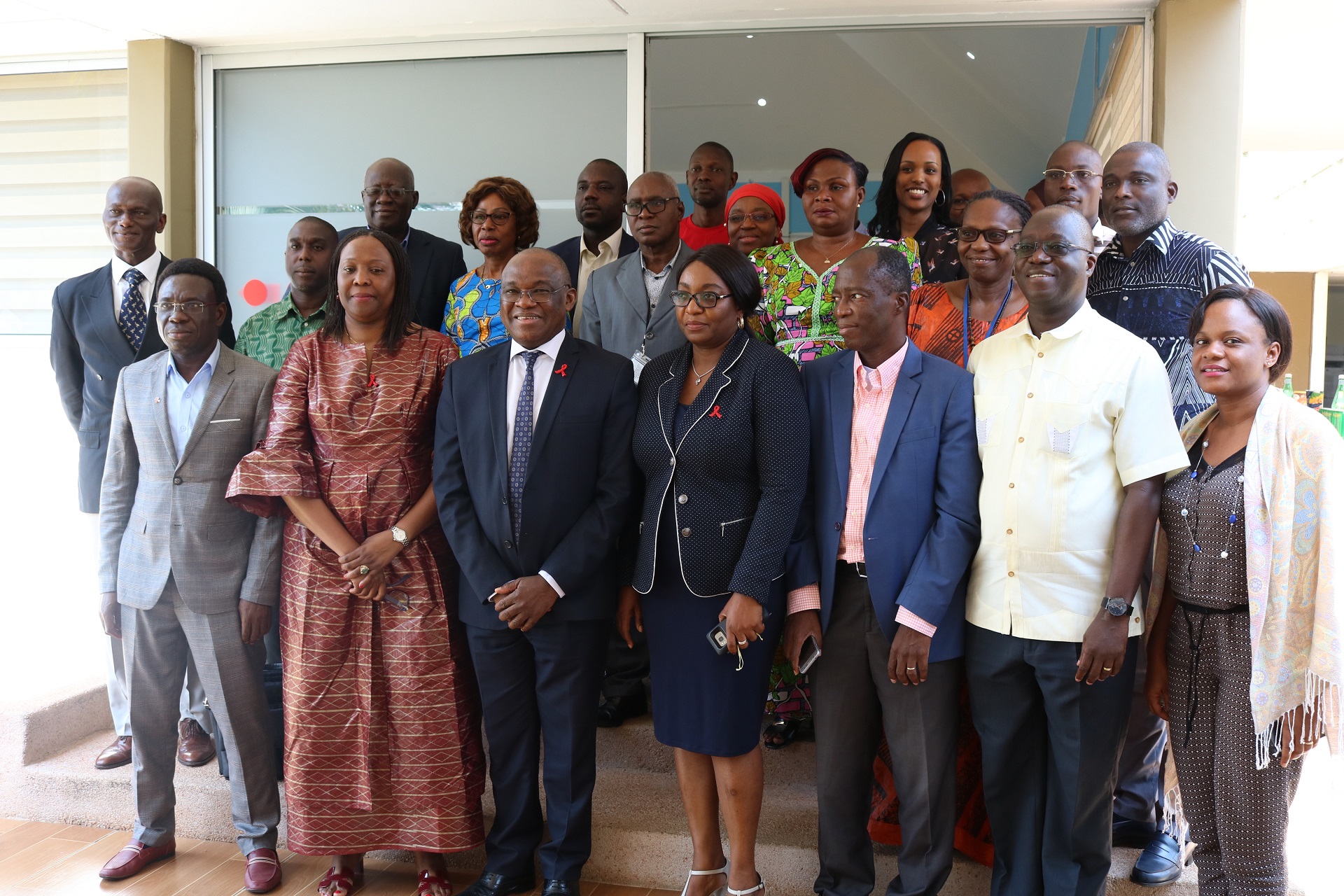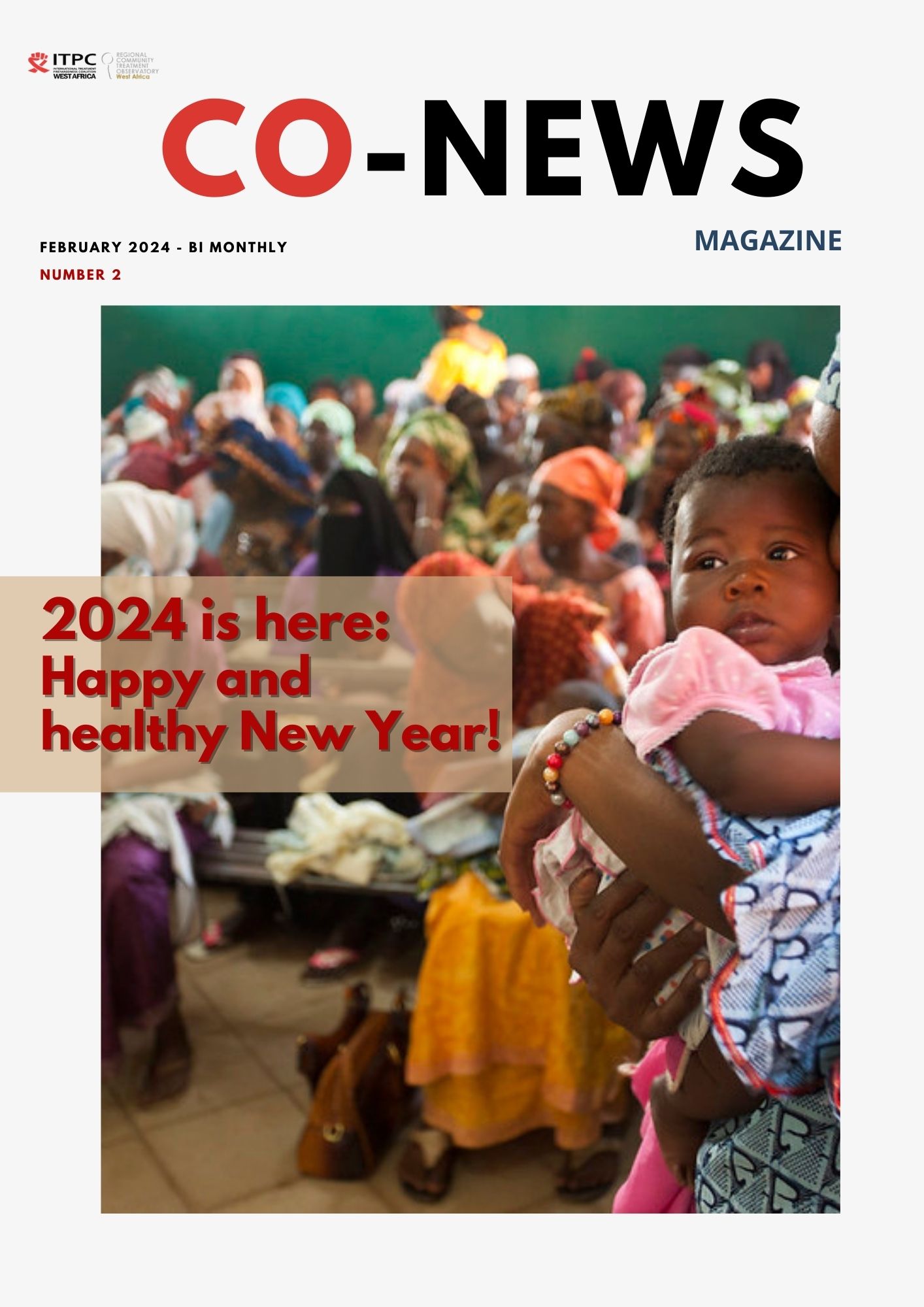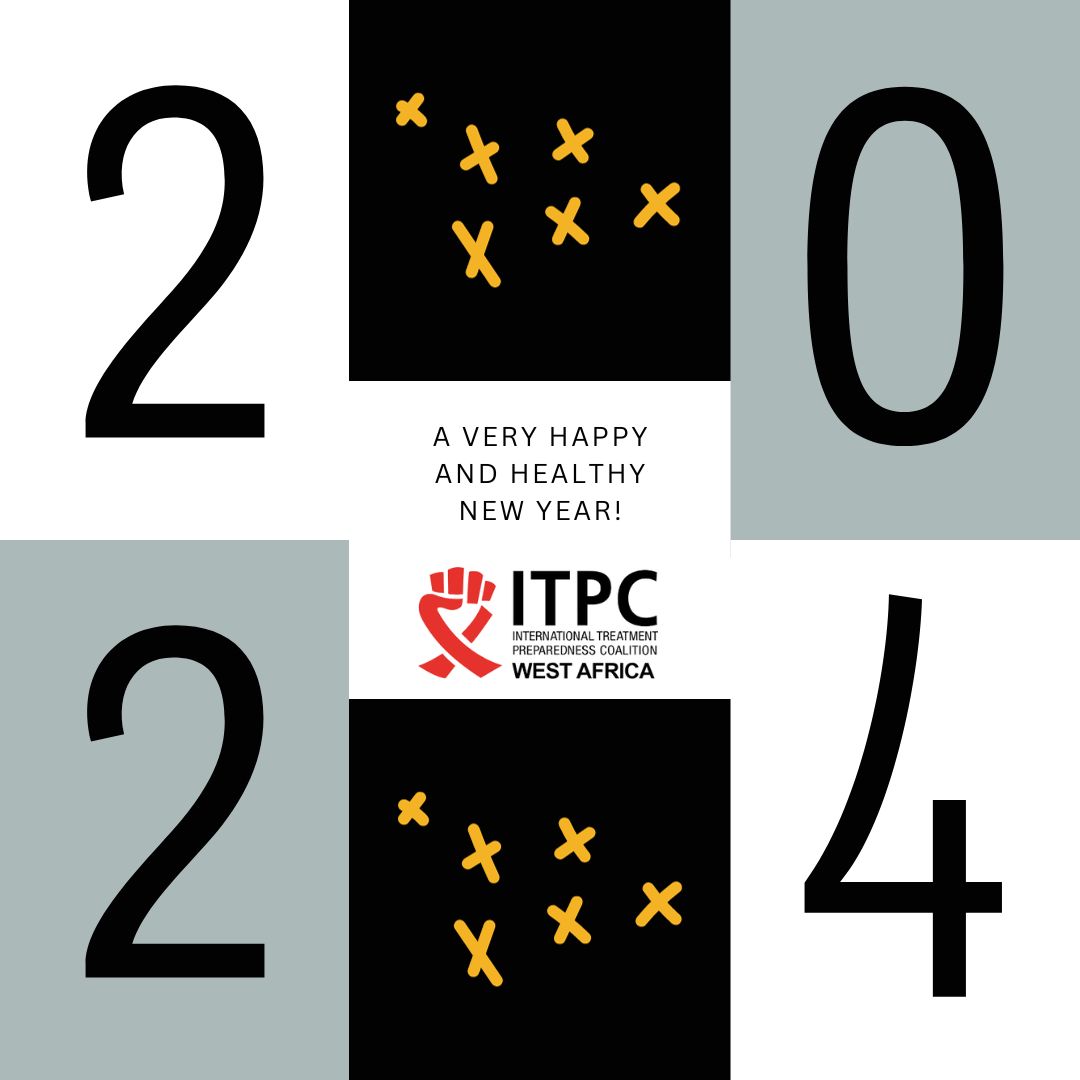As a prelude to the celebration of the 30th World AIDS Day (JMLS) 2018, ITPC in collaboration with UNAIDS and the National Program for the Fight against AIDS, organized on Tuesday, November 27, a panel of exchanges on the involvement of civil society in achieving the objectives of the catch-up plan in Côte d'Ivoire.
As a reminder, in order to mark the global political will to put an end to the HIV pandemic, Dr Brigitte Quenum, Country Director of UNAIDS has defined the 90/90/90 Objective for 2020: the first represents the 90% of people affected by the HIV who will have to know their status, the second 90% are people diagnosed as HIV carriers and who must have received antiretroviral treatment and finally the last 90% is for those on antiretroviral treatment who must have an undetectable viral load.
This vision led to the establishment of a catch-up plan for the West and Central Africa region, which is then broken down by country. It was a question of taking stock of the achievements of the operational plan for Côte d'Ivoire
Dr Jean-Marie Vianny Yaméogo, resident representative of WHO in Côte d'Ivoire, marked his intervention by specifying that all actors and partners are mobilized through several areas including technical support, advocacy and financial support. through various contributions.
“The major challenges are poor detection and coordination of actions. As a partner, we must have the same language and make the necessary tools available to all populations,” he said.
Another challenge is leadership, because, he will say, the financial partners do not replace the Government, the WHO representative asked for more presence and leadership from the National Program for the Fight against AIDS (PNLS).
Finally, Dr. Vianny Yaméogo urged all actors to change the paradigm. “We cannot be at 37% in 2019 and hope to have 90% in 2020. There are enough financial resources, it is enough to know how to coordinate all these actions. »
Dr. Abo Kouamé, Director/coordinator of the PNLS insisted on the efforts made by the program and shared the overall status of the achievements and prospects of the catch-up plan.
“With regard to the catch-up plan, it was a question of screening more than 159,000 people and putting more than 200,000 people on treatment. From 2017 to 2018 more than 80,000 people screened (…) The results show us that for the first assessment of the first 90, nearly 60% of the people concerned know their serological status” he explained.
Continuing, Dr. Abo Kouame pointed out that there are still two years to reach the first 90, but for the catch-up plan, there are two months left. So there are efforts to be made to catch up.
Speaking as a member of civil society, Mr Alain Manouan, Director of the Regional Community Observatory on Treatment in West Africa recalled that the ITPC model is based on the objective of 90 while sharing the community observatory on HIV treatment as a tool that can boost the objectives of the catch-up plan.
“Civil society does not ask to be service providers, but to have tools available to them to carry out screening (…) The data we collect is in the health field but also at community level to understand, among other things, why a number of people do not have access to treatment. To make the test available to the entire Ivorian population, the approach must be changed by decentralizing and allowing community structures to be able to do the screening,” he insisted.
Pr Eboi Ehui, from the infectious and tropical diseases department at the Treichville University Hospital, gave an update on access to treatment, in particular by talking about DTG in Côte d'Ivoire and its future impact in the response to HIV.
As for Dr Djénéba Ouattara, President CCM Côte d'Ivoire, she called for a synergy of actions which must be based on essential principles: Committed responsibility and good governance. It also showed the importance of coordination, which occurs at several levels, in order to make its activities effective.
"We need a complementarity of activities, the assumption of responsibility and the functioning of all the actors which will allow the country to achieve its objectives" calling for the establishment of a communication platform between the partners.
There is a long way to go to end AIDS, said the UNAIDS Country Director, but with all the progress made together, she added, no one should be newly infected with HIV and no one should die from it. AIDS.
Worldwide, a third of the 37 million people living with HIV do not know their HIV status.





